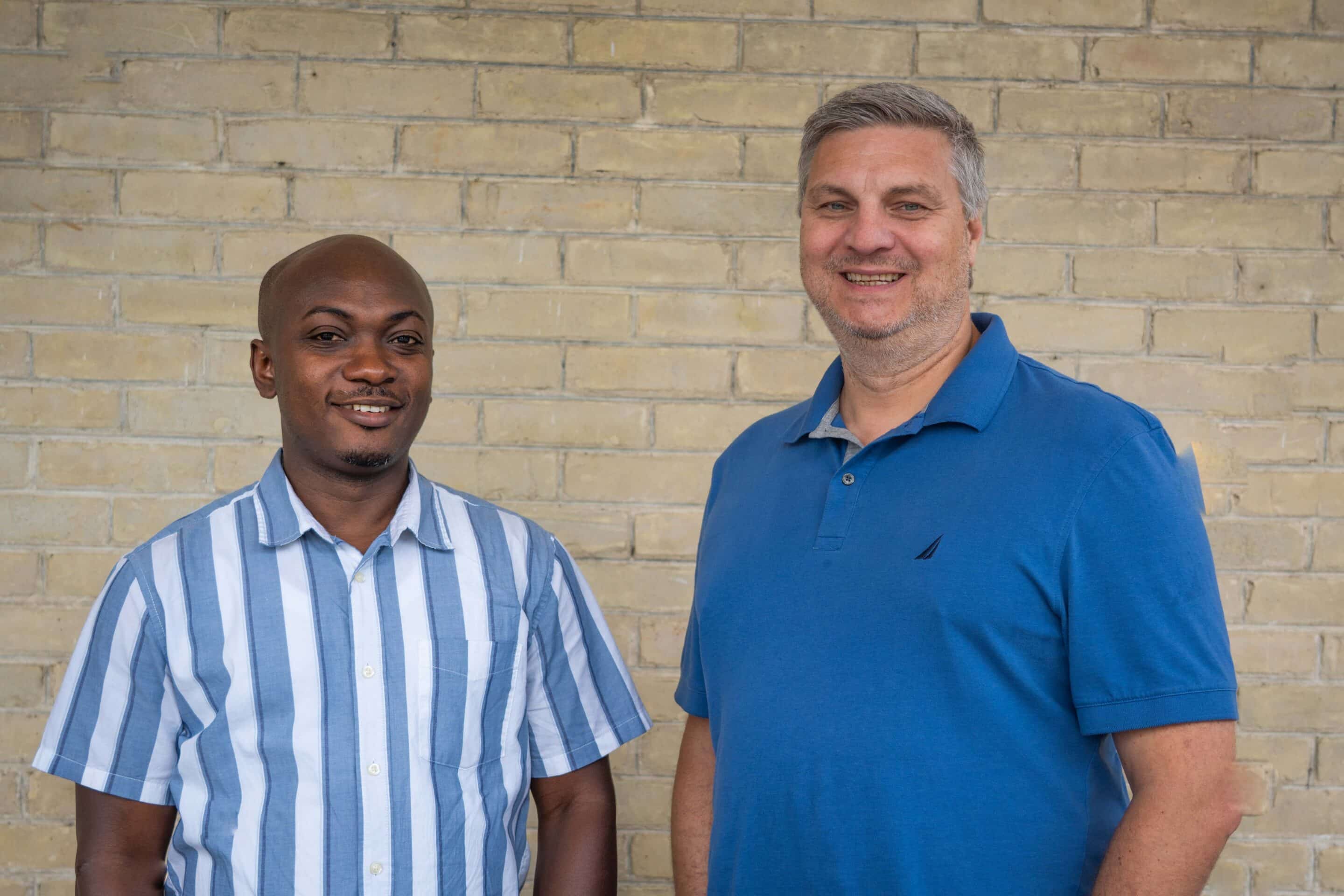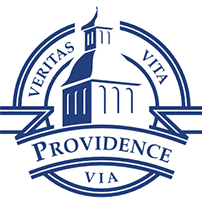OTTERBURNE, MB – What is the connection between social structures and personal difficulties? How do individuals and groups form communities and to what end? Why does every society throughout history similarly contend with experiences of poverty, crime, and discrimination? These are some of the questions that sociology as a discipline seeks to address, and Providence has a long legacy of fostering the sociological imagination among its students.
Sociology at Providence is unmatched, and not only has the greatest offering of sociology courses, but is also the only faith-based institution in the prairies that offers such a Bachelor of Arts degree. This is due primarily to the calibre of its professors who have devoted their careers to researching and teaching this important social science. Faculty such as Dr. Dennis Hiebert and Dr. Val Hiebert, whose mentorship of students, thought-provoking instruction and dedication to public scholarship were instrumental in building the program. As they continue their work at the University of Manitoba, some may be yet unfamiliar with those who now currently head up sociology in Otterburne; namely, Dr. Daniel Owusu Nkrumah and Dr. Ryan Coulling.
The following is an interview conducted earlier this year with Assistant Professors of Sociology, Dr. Coulling and Dr. Owusu Nkrumah.
PROVIDENCE: What is sociology, and how does it differ from other subjects like psychology?
DR. COULLING: Sociology is the study of society, which can be as big or as small as we can imagine. This can relate to the global – everyone and everything – as well as the social actions of a single person when they’re alone. When we do it right, applying the sociological imagination helps us to see public issues in personal troubles, and vice versa.
DR. OWUSU NKRUMAH: I agree. Society has several forces that control our lives, and sociology allows us to consider how individuals interact with their societal environment. It gives us a bigger picture about economic forces, public issues, and how humans relate to each another.
DR. COULLING: As for psychology, I’m not a psychologist, but where psychology would focus on the individual and what’s happening in the brain, sociology would be more attentive to the thinking of others – the relational aspect.
PROVIDENCE: Why does sociology fall under the umbrella of “social science”?
DR. OWUSU NKRUMAH: Sociology is scientific in the sense that studying how humans relate with one another and the environment is done systematically. We go through the scientific process of identifying a problem, collecting and analyzing data, and presenting findings. You can’t just make a claim – it has to be backed by your data set.
DR. COULLING: There’s also a depth to social science – and in particular, sociology – that allows people to ask additional questions. Some things you can only get at through follow-up research that is qualitative.
DR. OWUSU NKRUMAH: Right. Human beings behave differently under different circumstances or situations.
PROVIDENCE: What are your particular research and teaching interests?
DR. OWUSU NKRUMAH: All of my university education is grounded in sociology and my specialty is criminology. This includes subjects like criminal justice, deviance, policing, corrections, and social control. I also have a passion for mentoring students, and try my best to equip them with some of the skills that I have so that they can go out from here to positively contribute to the development of society.
DR. COULLING: Myself, I am a sociologist specializing in sociology that winds up touching a bunch of criminology. As a matter of research, I’m interested in studying the mental health of correctional officers, asking questions around why there is backlash against marginalized groups finding social justice, considering how privilege and power manifest in culture, and conducting research in digital field spaces.
PROVIDENCE: Why might a student want to study sociology?
DR. COULLING: Sociology is not a trade or professional degree in the same way that you would become a dentist after earning a degree in dentistry. It’s more of a pathway into a career that helps students to nurture questions and learn methods that are generalizable. In this way, students would not be ill equipped if they wanted to get a job in corrections, policing, or as their first degree before going to law school.
DR. OWUSU NKRUMAH: And our program is one of the best because we have several courses that are directly geared toward the contemporary needs of Canadian society.
Interested in Sociology at Providence?
Consider our current course offerings.
Collective Behaviours
- Collective Behaviours focuses on how and why individuals join and participate in social movements. Students will analyze the political and cultural factors that enable or hinder these movements, the strategies and tactics that organizations use to pursue change, and their limitations. The course focuses on theories of social movements and collective action through an examination of contemporary movements.
Common Knowledge, Fake News & Conspiracy Theories
- Why do people fall for misinformation, and how does it shape the world we live in? This course dives into the fascinating (and often disturbing) world of fake news, conspiracy theories, and the breakdown of shared truth. Explore how fact and fiction collide, why these narratives are so compelling, and what their rise means for society. Students will also gain the critical tools to spot and combat misinformation in their own lives.
Criminal Justice: Policing, Courts & Correction
- This course provides an overview of the key components of the criminal justice system – examining the functions of law enforcement agencies, the court system and correctional institutions, and exploring how laws are enforced and justice is delivered. Drawing on case studies, the course critically examines the Canadian criminal justice institutions and the major challenges of rehabilitation and reintegration.
Sociology of Race & Ethnicity
- Sociology of Race & Ethnicity provides a sociological lens through which to understand individual identities, group relations, and institutional structures. Topics include systemic inequalities, power dynamics, and the impact of racism and discrimination. The course encourages critical thinking about the roles of race and ethnicity in shaping society and fosters a deeper understanding of social justice and diversity.


